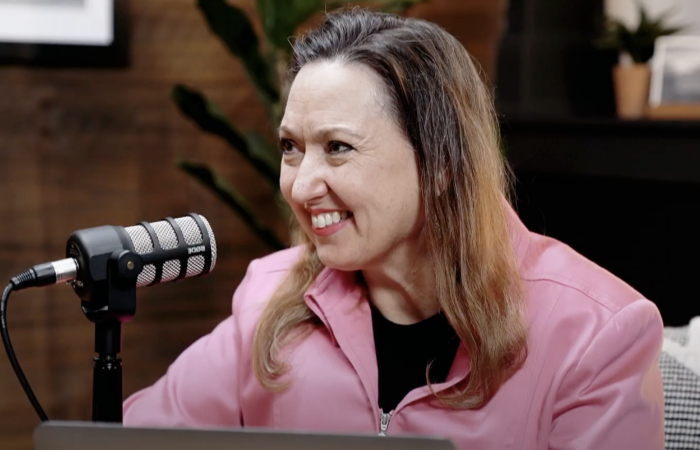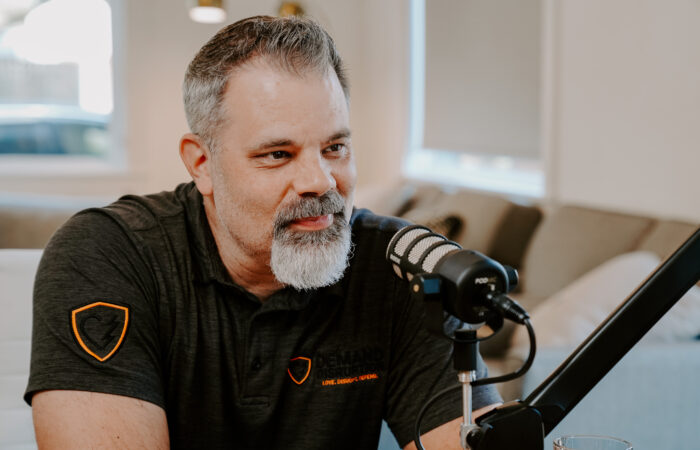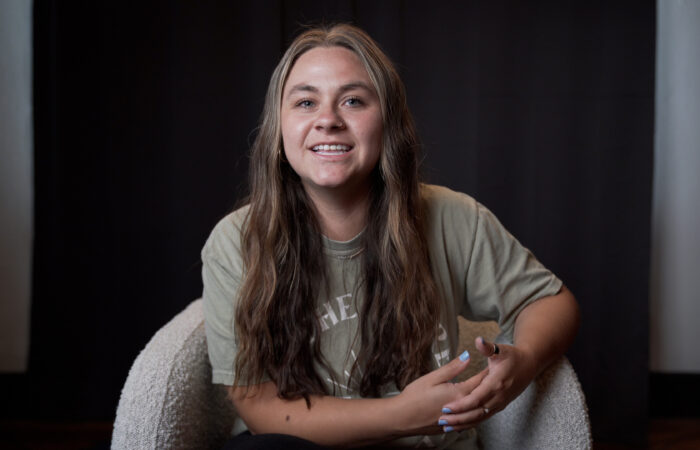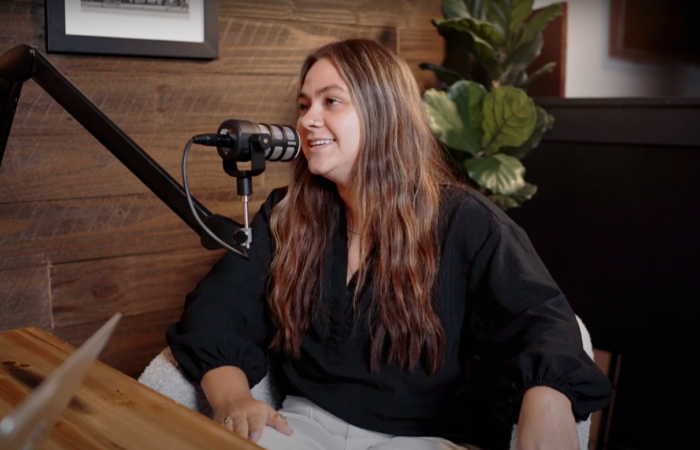The Sweet 16 Agreement
It was the day before Thanksgiving, Nov. 27, 2013, when the city of Houston signed a confidential settlement with 16 strip clubs in exchange for their funding of $1,000,000+ to a Human Trafficking HPD Vice Squad. When this deal was announced in 2013, we were outraged and vocal about our thoughts on this settlement. We were particularly frustrated with the participation of clubs like Treasures, which has been on our radar as a spot for sex trafficking for years. Though we were publicly opposed to the agreement that was made on behalf of the city of Houston, we work closely with vice and consider them esteemed colleagues. We firmly believe that they deserve the funding to continue their efforts, our issue comes strictly from the source of the funding and the implications of the settlement.
Not only were previous charges against the clubs dropped, but this agreement allowed the 16 strip clubs to operate as sexually oriented businesses and receive non-enforcement of certain city ordinances. This means the clubs were able to offer topless lap dances, disregard Texas’ 3-foot rule, and have their location be within 1500 ft. of churches and schools. Former City Attorneys David Feldman and Donna Edmundson crafted the deal on behalf of the city. At the time Edmundson stated,
“We can do something novel and off the chart to go after human trafficking, which we found much more offensive than a lap dance.”
The city made this settlement without bringing it to any council, and they didn’t heed the warning issued by the Texas Attorney General’s Office in March 2013 about the link between sexually oriented businesses and human trafficking.2 Instead, the settlement created a workaround for the strip clubs to operate unregulated while remaining a haven for traffickers and pimps.
The Texas Attorney General recognizes the link between sexually oriented businesses and human trafficking. However, there is no clarity on whether a strip club should be classified as an SOB. Generally, in Texas, a sexually oriented business offers goods and services that are intended to provide sexual stimulation or sexual gratification to the customer. Strip clubs are able to work around this loose definition as shown in the example above. Traffickers and pimps easily operate within strip clubs because they employ vulnerable women that are already being exploited.
“Many club owners knowingly hire underage girls and make money off of them, but it’s seen as socially acceptable. They are no different than the guys putting girls on track.” -Survivor
Fantasy Plaza
February 2018, five years later a trafficked 16-year-old is found by HPD Vice at Fantasy Plaza strip club. The City of Houston sued the club and Fantasy Plaza was ordered by a Houston judge to shut down.
Fantasy Plaza responded with a federal lawsuit alleging the city of Houston of unfair treatment (they are not a part of the 16 clubs) and won. The “Sweet 16 “ settlement that was made between the city of Houston and strip clubs five years ago, remains an obstacle in effectively fighting human trafficking. The Fantasy Plaza strip club that was found trafficking a 16-year-old is still open for business today. We have heard many stories about underage girls being trafficked at strip clubs. According to Survivor Leader Shanna Parker, “I was trafficked in the strip club at 14 years old. I worked in several clubs for many months, not quite a year. I was arrested in the club and blasted on television during my arrest. Spent the next 4 years with the same trafficker until he murdered my sister who also worked in the strip club. He received the death penalty.”3
The excerpt below from the “Sweet 16” agreement shows the clubs’ desire to stop trafficking investigations at their establishments as well as the agreement’s intention to not impede the enforcement of human trafficking. Fantasy Plaza is one example of the “Sweet 16” agreement’s failure to serve its purpose. The strip club simply changes its name, moves locations, and continues to operate.
Chicas Locas
In the more recent news, Harris County Attorney Vince Ryan filed a suit to shut down Chicas Locas, a Houston “Sweet 16” strip club that has been trafficking Colombian and Cuban women. The club was also allegedly facilitating trafficking in their “VIP” and “Champagne” rooms. Despite law enforcement’s report of human trafficking occurring at Chicas Locas, it is still open for business today.
We drove by the club earlier this week and noticed Chicas Locas is neighboring a local school, a close minute walk away and within 300 ft. While sitting in Chicas Locas parking lot we saw children playing outside through the chain link fence. The “Sweet 16” settlement allows these strip clubs to disregard the 1500 ft. ordinance. This is a major issue if we want to be serious about protecting our children from traffickers and sexual predators!
The landscape of the sex industry changes rapidly and with trafficking and prostitution being major problems in Houston it will become increasingly difficult for strip clubs to compete with the demand for illicit sex.
77% of women working in strip clubs, who exited the sex industry through Rescue Houston, were under the age of 21. 85% of women working in strip clubs, who exited the sex industry through Rescue Houston had a trafficker/pimp. *Data from Rescue Houston clients.
What can we realistically expect from Government?
We would be naive to believe that we can expect the City of Houston to just shut down all of the sexually oriented businesses. Fighting sex trafficking is not solved by looking at one entity and expecting them to solve an entire cultural issue. However, we can expect the government to define the terms used in the laws that they enforce. Strip club laws and licensing need to be clear and equal across the board. We can also expect for the city of Houston to rethink receiving funding by the organizations that they are supposed to be regulating. Especially when those organizations have a history of facilitating exploitation and other crimes for years.
What now?
Because of the age of pornography and hyper-sexualized culture, the sex industry has spread like wildfire. If we think we can control it with loose regulations and a compromising attitude, we are in for a rude awakening.
“History will have to record that the greatest tragedy of this period of social transition was not the strident clamor of the bad people, but the appalling silence of the good people.” – Martin Luther King Jr.
We believe that there needs to be more collaboration, data, and survivor informed efforts at addressing the issue of sex trafficking inside of adult clubs in the city of Houston. Legislation and law enforcement is only part of the solution. What do you think the city should do to address sex trafficking in strip clubs?
1 “Sweet 16 Settlement” https://www.scribd.com/document/370891474/Settlement-reached-in-2013-with-16-Houston-strip-clubs.
2 “Sexually Oriented Businesses And Human Trafficking: Associations, Challenges, And Approaches”. 2013. Texasattorneygeneral.Gov. https://www.texasattorneygeneral.gov/files/agency/20131912_htr_fin_3.pdf.
3 “The Laws of Being a Victim | Shanna Parker | TEDxYouth@Glendale”. 2015. https://www.youtube.com/watch?v=6V5wvm6cXmE.








